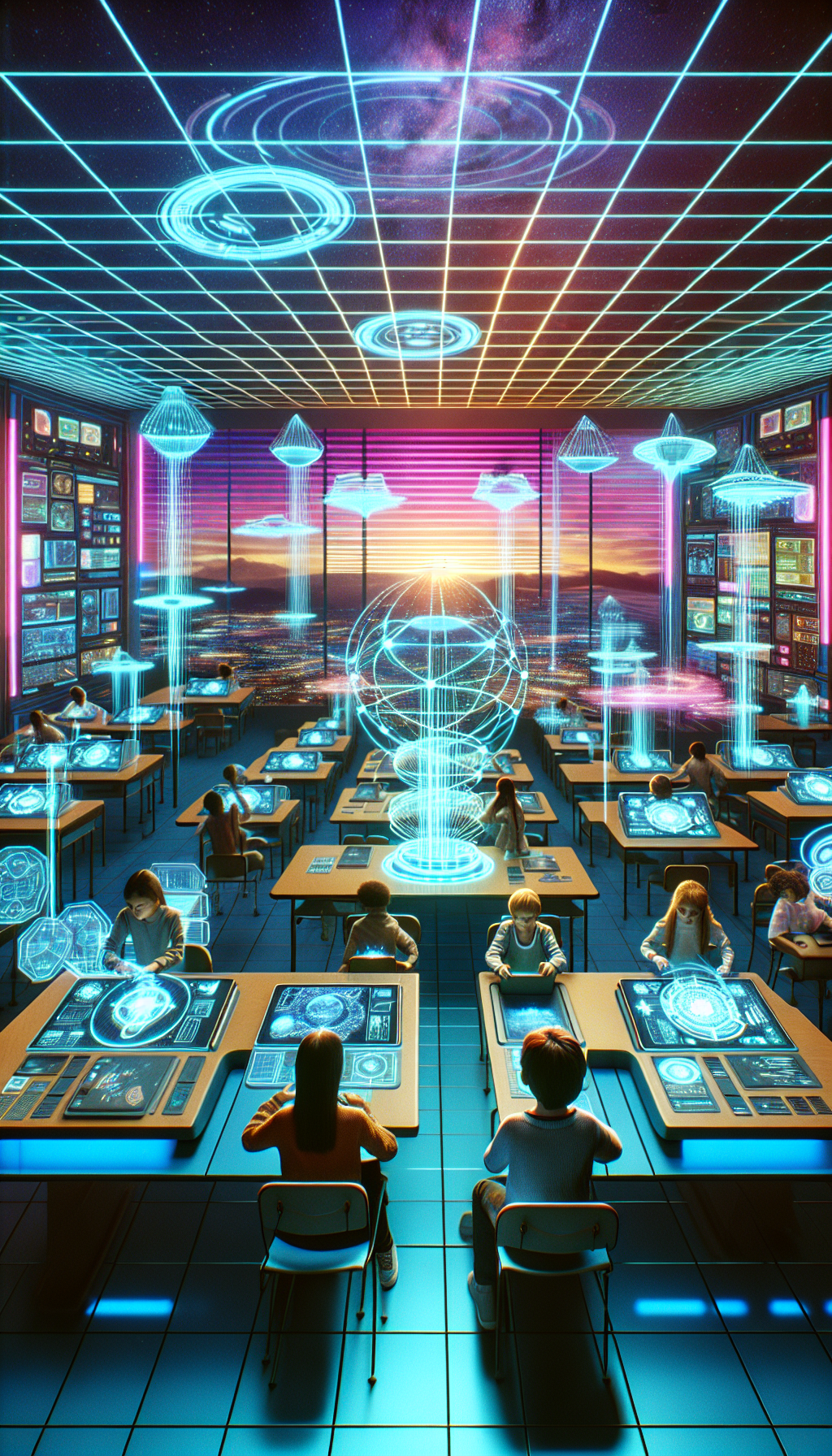A visit to an American grave might seem like a stretch when discussing the future of education, but it can bring valuable context. Consider the grave of Samuel Sewall. Born in 1652, Sewall was a product of the Puritan education system.

His life underscores the evolution of education from a rigid system to one that values flexibility and the learner’s needs.
Fast forward to today, the education system is shifting from traditional brick-and-mortar classrooms to virtual learning platforms.
The development of digital learning resources and the ubiquity of internet connectivity have made it possible for students to gain access to quality education regardless of geographic location.
But the transformation is not just about the shift from physical to virtual classrooms. It is also about the democratization of education.
Advanced algorithms and analytics have made it possible for educators to provide personalized learning experiences for students.
This is a marked shift from the one-size-fits-all approach of yesteryears and is reflective of the broader societal shift towards personalization.
Budgeting is another critical aspect that is being viewed through a new lens. As seen in the recent budget discussions, there is a growing demand for another round of budgeting post-election. This reflects the understanding that there is a need for continuous assessment and reallocation of resources in response to changing circumstances.
A similar approach can be seen in the field of education where there is a recognition of the need for continuous learning and adaptation.
The tariff announcement could have a significant impact on the education sector.
While the details are yet to be fully understood, it could potentially affect the affordability and accessibility of education. This underscores the need for a resilient education system that can adapt to external shocks.
In conclusion, the future of education is being shaped by various factors – digitalization, personalization, continuous learning, and adaptability to change being some of them. While there are challenges along the way, the direction is clear.
The education system of the future will not be confined to physical spaces or traditional structures. Instead, it will be dynamic, inclusive, and responsive to the needs of the learners. The goal is to ensure that everyone, irrespective of their circumstances, has access to quality education. This is not just an educational goal but a societal one, for education is the key to unlocking human potential and fostering societal progress.